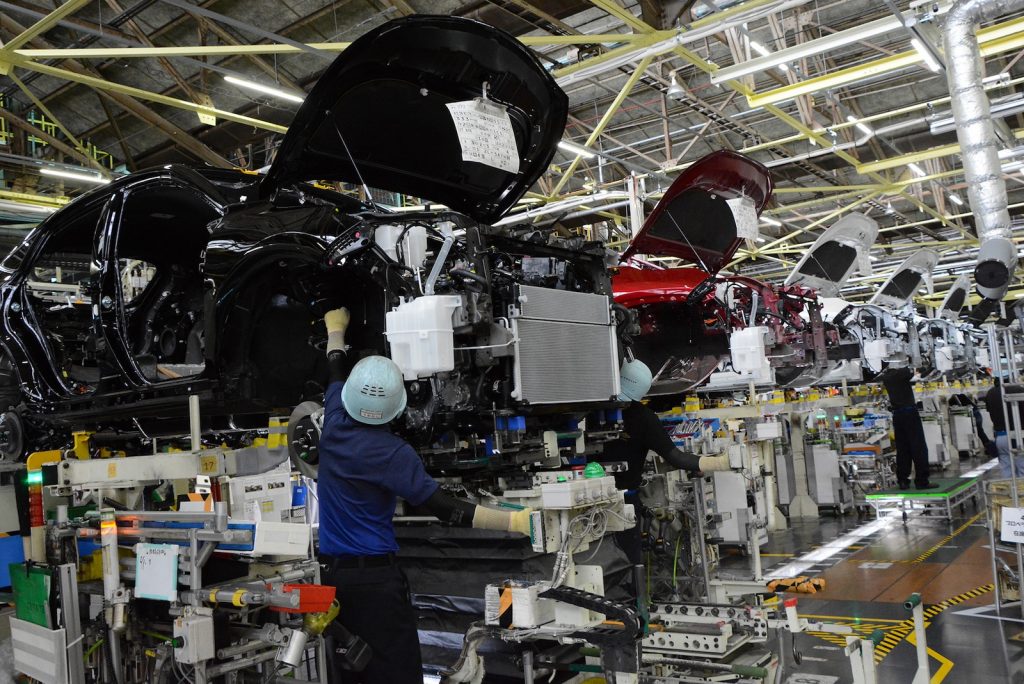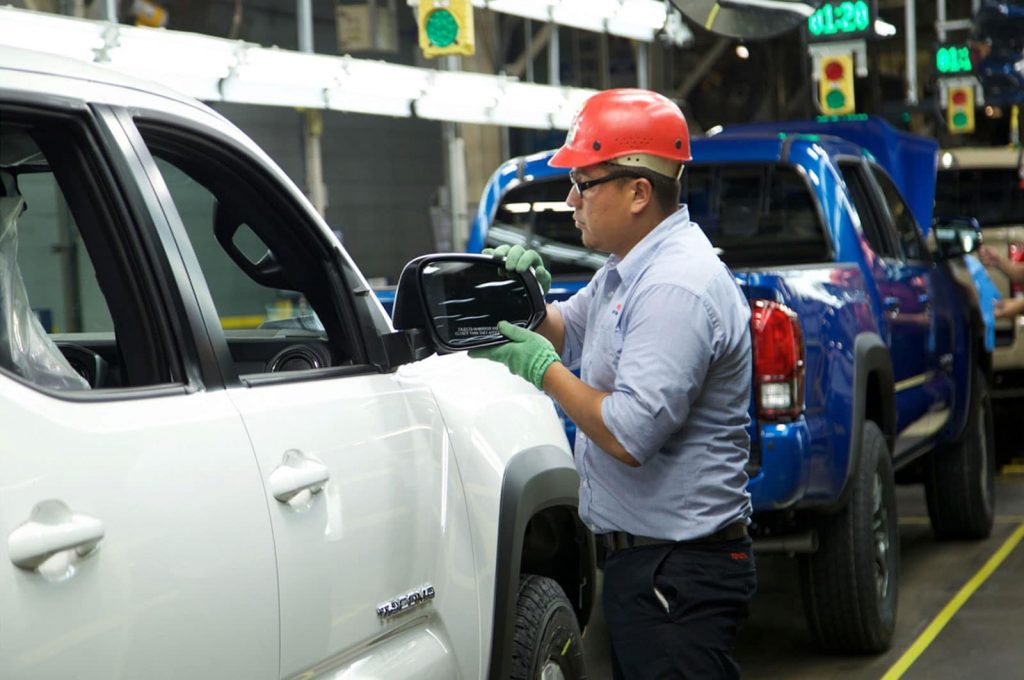Toyota was one of the pioneers of heavy-duty holiday promotions, running from Thanksgiving through New year, which have become a center piece of automotive marketing in the United States.

But with inventories, hovering at record lows, the holiday season might not be quite so jolly. For example, Toyota confirmed it will be cutting production by 15% in November due the continuing shortage of semiconductors, which are critical to the modern cars and trucks.
The Japanese auto giant said in a press release it plans to produce between 100,000 and 150,000 fewer vehicles in November than it originally scheduled. At the same, Toyota said it believes it can restore production schedules in December, according to Reuters.
Toyota instituted substantial cuts in early September but saying at the time it expected production schedules both in Japan and in its overseas operations to return to normal in November.
The global production volume affected by these adjustments was approximately 70,000 units (40,000 units overseas and 30,000 units in Japan, according to the company’s press release for September. In addition, 330,000 units, including 180,000 units overseas and 150,000 units in Japan during October, compared to the production plan as of August.
Full-year production impacted

However, the company’s full-year production forecast for the fiscal year ending March 31, 2022, is now down to 9 million units from the 9.3 million units forecast due to the impact of the cuts. Although the outlook for November and beyond is unclear, current demand remains very strong. As a result, the production plan for going forward assumes the previous plan will be maintained.
Key reasons for the production adjustment include a decline in operations at several local suppliers due to the prolonged spread of COVID-19 in Southeast Asia and the impact of tighter semiconductor supplies, Toyota noted in the release.
A new report from Malaysia, a major center for finishing and packaging semiconductors for use in electronics and automobiles and other consumer products, suggests it may take a while to satisfy the demand for chips during the next two years.
Number of cuts grow
Toyota estimated the total loss production for the automaker between September and November will be as high as 910,000 vehicles. In North America specifically, the reduced production in November will mean between 45,000 and 55,000 fewer vehicles produced, according to press reports from Japan.
Meanwhile, in Southeast Asia, Reuters reported Wong Siew Hai, President at the Malaysia Semiconductor Industry Association, warns the shortage is likely to last for years. Some customers are ordering more than they need to lock in supplies, Wong said, while long-term contracts ranging from one to three years have now become a new industry norm.
“For the capacity to match demand, (it will take) at least two to three years from now,” Wong told Reuters.







